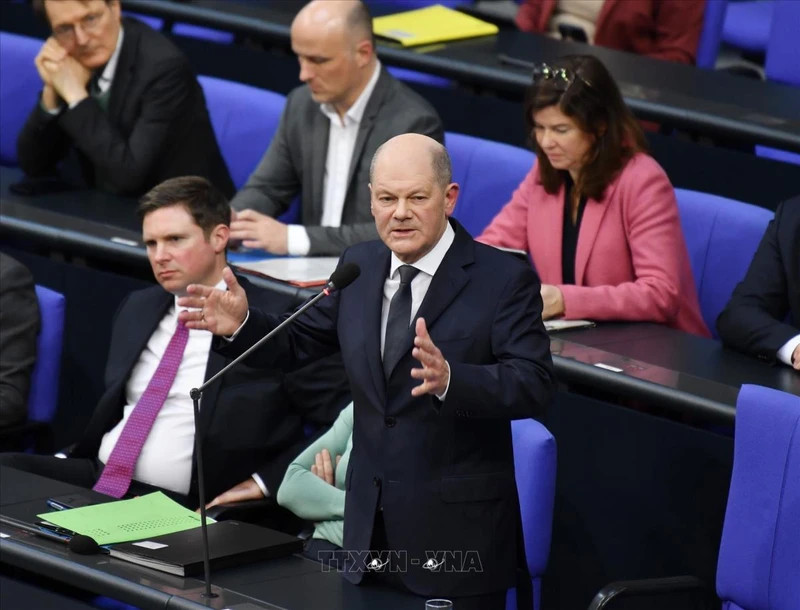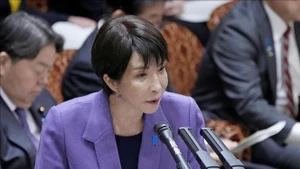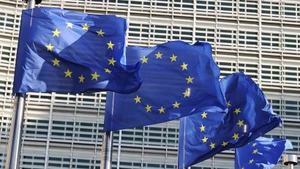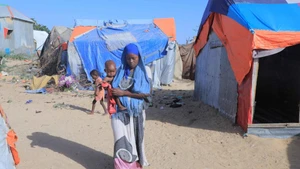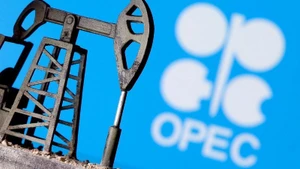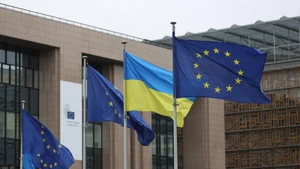The bright candidates in the race for the "laurel wreath" in German politics are gradually emerging. According to the latest opinion polls, the candidates leading the race are the Social Democratic Party (SPD) of incumbent Chancellor Olaf Scholz, the Christian Democratic Union/Christian Social Union (CDU/CSU) of candidate Friedrich Merz and the far-right Alternative for Germany (AfD) of candidate Alice Weidel.
The election takes place in the context of Germany facing "turbulent waves" in security, economy and society, threatening to weaken the economy as well as Berlin's position in the international arena.
In that context, the parties' views on how to solve the country's outstanding problems will be the leading factor influencing peoples' votes and deciding who will win.
The economy is one of voters’ top concerns. According to the Federal Statistical Office of Germany (Destatis), the leading economy of the European Union (EU) has fallen into recession for two consecutive years and faces a bleak outlook for 2025. People are struggling with a cost of living crisis, partly due to skyrocketing energy prices as gas supplies from Russia are interrupted.
Destatis statistics recently released show that in 2024, 17.6 million Germans, accounting for about 20.9% of the population, will have difficulty covering their living expenses and are threatened by poverty. The unemployment rate also increased to a 10-year high, reaching 6.4% in January.
In that context, reviving the economy is one of the biggest challenges and is also what German voters expect from the upcoming government. Peter Leibinger, President of the Federation of German Industries (BDI), said that this is a time when Germany is at a crossroads, having to choose between continuing to maintain a state of stagnation or making drastic changes to reshape the economy.
Germany's foundation is still strong enough and businesses need a decisive government to help the country return to its leading position in global industry.
In addition to the economy, illegal immigration has also attracted special attention from voters as it is a burning issue in German society today. For many years, Germany has been praised as a generous country, repeatedly welcoming migrants from hot spots of conflict and poverty around the world.
However, when the number got out of control, the welfare system of the EU's leading economy fell into a state of overload. Not only does the increase in financial burdens pose a challenge to national security and social stability, as extremist attacks have occurred repeatedly in Germany in recent times.
Understanding the insecurity of voters, the parties participating in the election have pledged to take decisive action to combat illegal immigration. Less than two weeks before the election, Chancellor Olaf Scholz announced that Germany's borders would be controlled for another six months, after the measures expire in March 2025.
